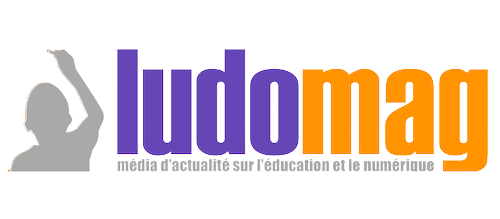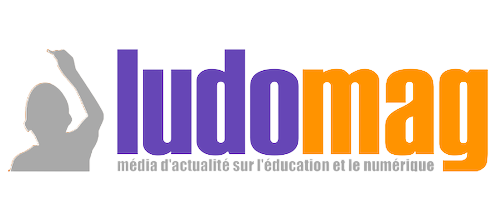Interview with Franck Bodin, Project Manager for Digital Commons and Diversity at the Directorate for Digital Education, with whom we had the pleasure of speaking at the Educatech Expo, held at Paris Porte de Versailles from November 13 to 15.
Digital commons have been integrated into the roadmap of the digital strategy for education for the past two years. Today, we aim to help you understand what digital commons are and how they can be beneficial in the daily lives of the educational community.
« The issue of commons is fascinating but quite complex to grasp, so it is essential that we support teachers on these topics, » introduces Franck Bodin.
The Three Pillars of Digital Commons
A digital common is based on three pillars: a resource, a community, and governance.
In education, digital commons allow teachers to create, share, and collaborate on free educational software and resources within a trusted framework.
The challenge is therefore to support teachers, « but also to reassure communities so that they can co-construct, develop, and improve existing or new resources, » he emphasizes.
To ensure this support, the DNE (Directorate for Digital Education) has developed tools and makes them available to the teaching community to « build commons. »
« The most well-known of these tools is the digital commons forge, which today has 3,000 participants and 2,000 projects. »
A key event took place in October 2024: the « Forgeathon, » which aimed to further develop and work on the shared commons, explains Franck Bodin.
Examples of Digital Commons in Education
Digital commons include, for instance, mathematics workbooks such as Coopmaths, operating systems like Primtux—a complete system designed to equip primary school PCs—or Éléa, which enables teachers to co-construct and share structured learning paths.
« On the pedagogical side, there is also the Capytale platform, where teachers who teach coding share their educational content for the benefit of their peers, » he adds.
This truly embodies the philosophy of commons: supporting groups of teachers so that peers can equip other peers by sharing their expertise.
We should not forget the Edtech professionals, who also contribute resources and are part of the digital commons ecosystem.
The Advantages of Digital Commons
The main advantage of digital commons is promoting inclusion and ensuring service continuity. « Edtech companies also gain access to the content shared by teachers—valuable resources that can enhance existing projects, refine them, and provide real-world insights and experience, » explains Franck Bodin.
« We now want the Edtech sector to engage with us in sustaining the solutions we support, beyond the challenges or constraints of the market. »
As Franck Bodin points out, one of the key issues today is that when a market ends, service continuity is disrupted. « The strategy of commons precisely helps prevent this pitfall, » he concludes.
More info: tube-institutionnel.apps.education.fr







